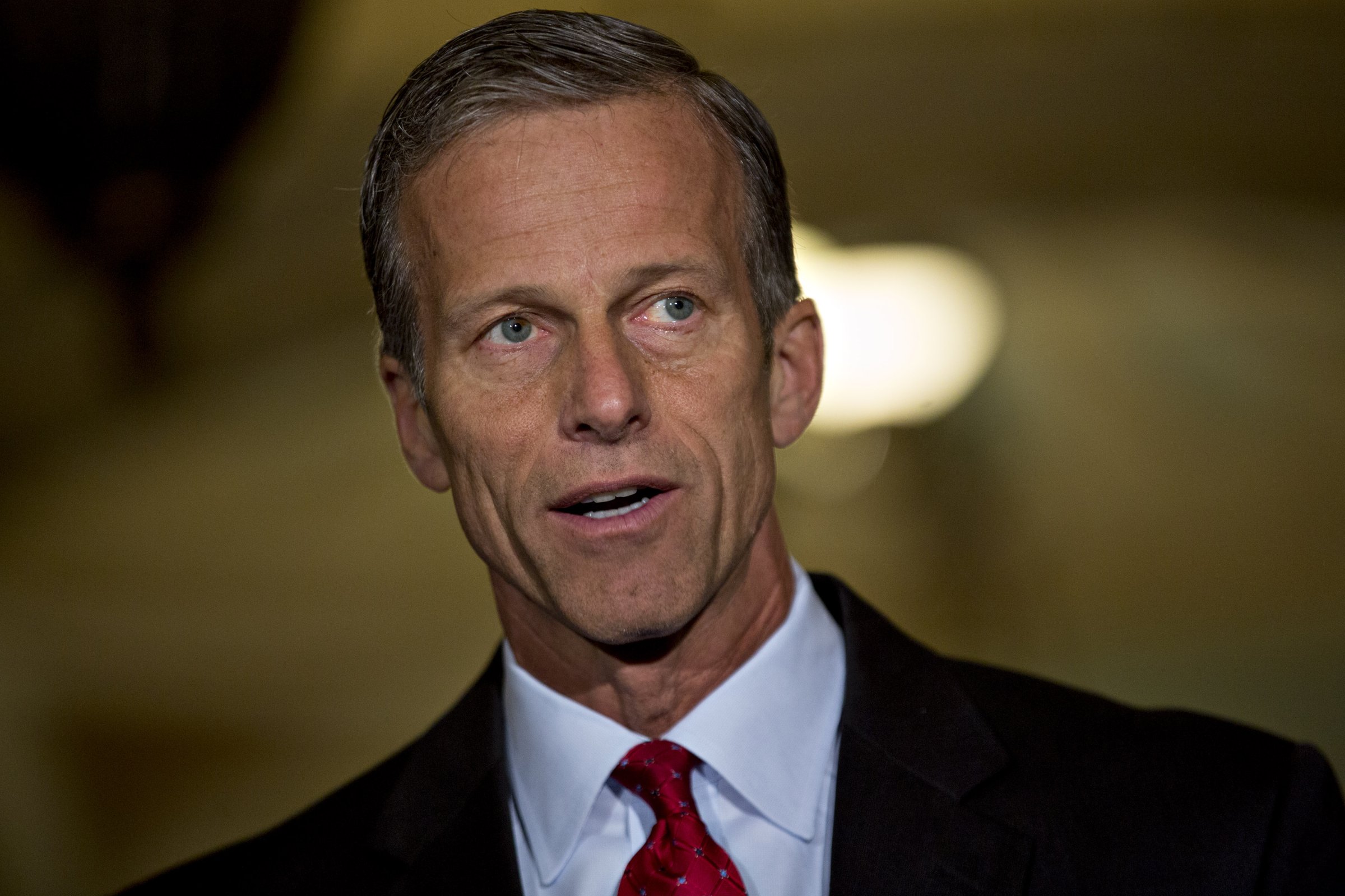
Whether it knows it or not, Facebook is facing a long, protracted political fight.
The conservative fury that arose in response to this week’s allegations that former Facebook contractors suppressed right-wing news on its “Trending Topics” section suddenly thrust Silicon Valley’s tech darling into the discomfiting position of having to defend human editorial judgment.
Statements from right-leaning media circles and tweets from the Chairman of the Republican National Committee on Monday were followed by inquiries from Senate Commerce Committee Chairman John Thune on Tuesday. And while it’s unclear whether there is any evidence of political bias, it ultimately doesn’t matter.
By hiring former journalists to run Trending Topics, Facebook took a rare departure from its algorithmic creed, and it suffered a wrath once reserved for news publishers. For much of the political establishment, if Facebook looks like a media company and walks like a media company, it is a media company.
This episode was a rare glimpse into the political ramifications of social-media companies’ disruption of the news media. For all of the anguish that the dominance of social-media platforms has wrought on traditional publishers and their business models, it has also stripped the stabilizing forces in American politics of much of their influence.
By accumulating users in the hundreds of millions and providing direct channels of content delivery, fundraising and organizing, the platforms have empowered outsiders to circumvent today’s political parties.
Shifts in user behavior on social media—like a preference for video, an increasing willingness to donate online and greater sharing of political content (the election was the most-talked about topic on all of Facebook last year)—have all helped undermine the establishment in 2016 and left a polarized, unpredictable electorate in its wake.
Read More: This Is the Real Problem With Facebook’s Controversial Feature
Donald Trump and Bernie Sanders are products of the moment and media landscape that Facebook helped build. They launched their campaigns with no establishment support, showing just how easy it is to leverage Facebook, Twitter and Reddit to bypass the party apparatus. As of April, more than 94% of Sanders’ fundraising was done online, and even now both Trump and Sanders can only lay claim to endorsements from a single U.S. senator each.
So it’s no surprise that Republican Senator Thune felt compelled to marshal the power of the U.S. Senate Commerce Committee to investigate the obscure news-curation process of a technology company. Political parties—both Republican and Democrat—are only just coming to grips with the fact they could soon become a casualty of Facebook’s rise.
And the unraveling of the political order in this election cycle is only just the beginning.
The economic disruptions in tech and media will place more and more responsibility on Facebook to sort what Americans read, hear and watch, especially as news distribution strategies increasingly hinge on the platform. And as the social-networking giant refines its News Feed and Messenger products to show users precisely the content they want in service of its Holy Grail—user engagement—it will expose itself to critics who will charge it with conditioning Americans for a more reactionary, unstable and populist politics.
But much of this is by design. As Facebook CEO Mark Zuckerberg told Buzzfeed last month: “We built this big technology platform so we can go and support whatever the most personal and emotional and raw and visceral ways people want to communicate are as time goes on.”
If 2016 is any indication, the emotional, raw and visceral ways of communicating are also the most threatening to the status quo.
Read More: It’s Time Facebook Came Clean About How It Picks What You Read
Senator Thune’s inquiries of Facebook are thus a harbinger of things to come. For now, it’s conservatives that feel they have seized on evidence of bias, of Facebook tipping the scales for liberals. But it’s not hard to imagine that Facebook’s relentless pursuit of user engagement—it already takes up 50 minutes of your day—draws critics from both political parties.
Cue the conspiracy theories. With so much to lose, powerful interests and grassroots activists alike will soon place Facebook under increasing scrutiny, and even accuse it of rigging elections or supporting specific issues and candidates whenever unfavorable political outcomes emerge.
That’s why it’s only a matter of time before its Trending Topics feature gets shut down, and the company vocally renounces editorial judgment. To protect itself, Facebook will fall back on the algorithm and invoke a myth: that technology can objectively mediate our politics.
More Must-Reads from TIME
- Why Trump’s Message Worked on Latino Men
- What Trump’s Win Could Mean for Housing
- The 100 Must-Read Books of 2024
- Sleep Doctors Share the 1 Tip That’s Changed Their Lives
- Column: Let’s Bring Back Romance
- What It’s Like to Have Long COVID As a Kid
- FX’s Say Nothing Is the Must-Watch Political Thriller of 2024
- Merle Bombardieri Is Helping People Make the Baby Decision
Contact us at letters@time.com